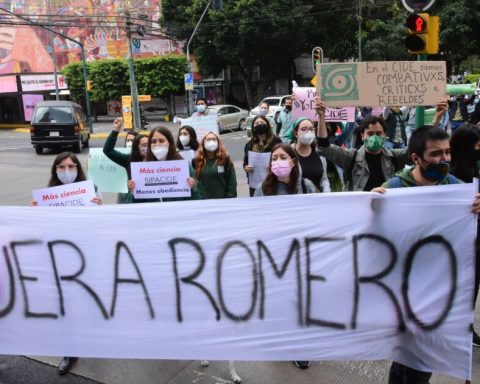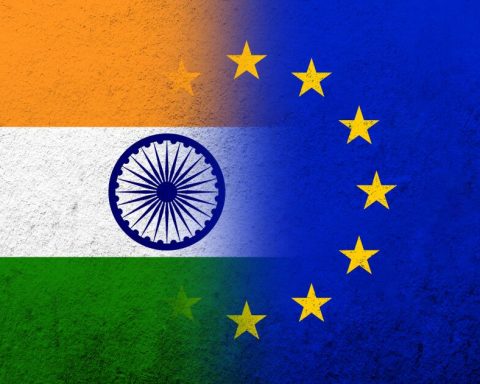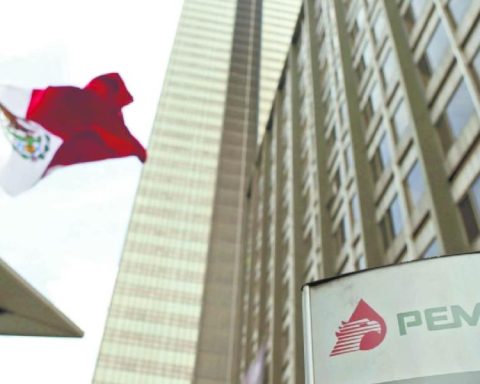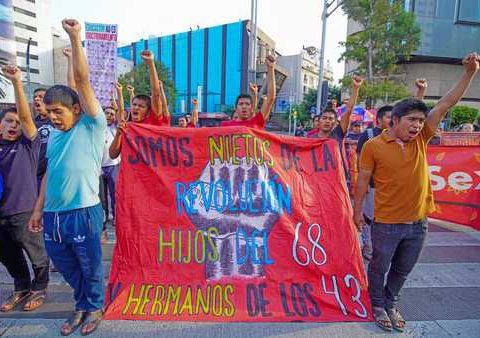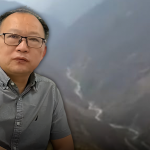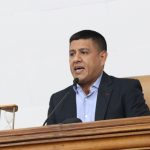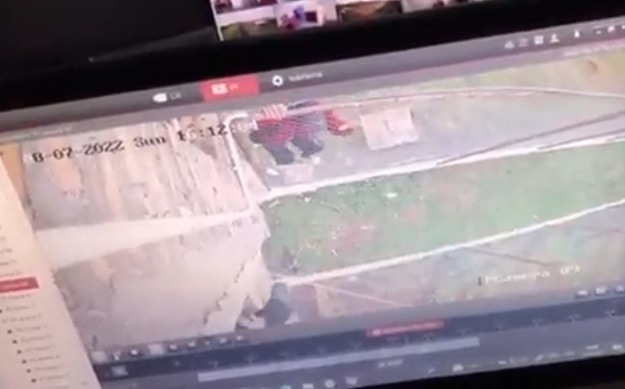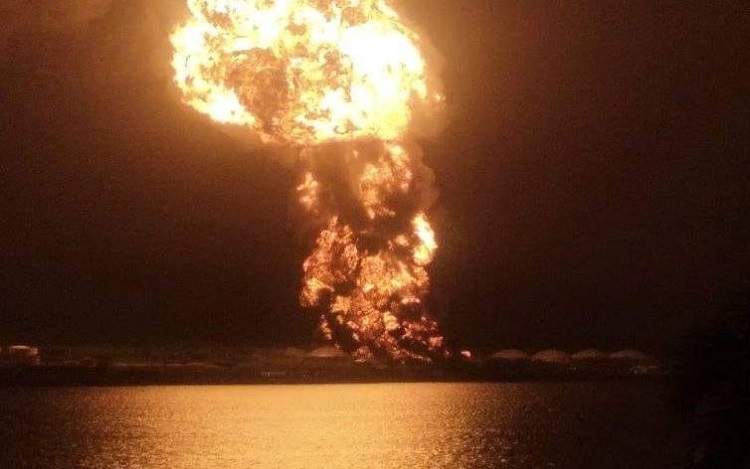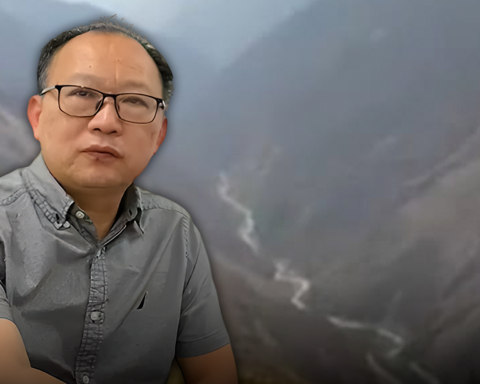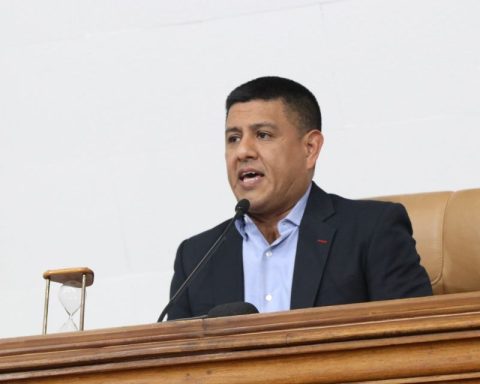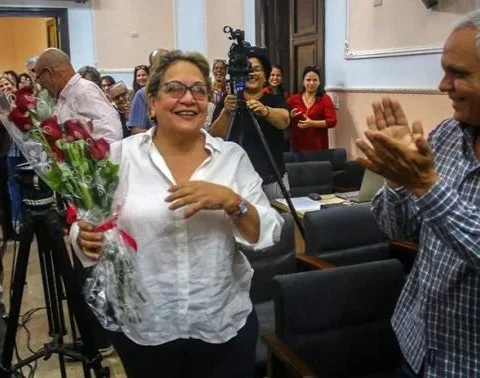L
as social sciences Latin American sciences, not only sociology, have had a difficult road. His work has survived dictatorships, the closure of universities, exile, repression and the murder of many social scientists. Despite attempts to make them functional to power, legitimize governments, policies and anti-subversive strategies, it has been able to break down fences. Its development takes place between criminalization, swimming against the current and creating its own thought.
Sociology is born in the bowels of capitalism. Saint-Simon and Comte, in the 19th century, laid the foundations for social physics, later renamed sociology. Society will have a concrete social science that analyzes its structures, explaining its problems. From positivism to the rational study of social action. From utopian socialism to scientific socialism. The sociological method charges a citizenship card. In this transit, the first two decades of the 20th century are decisive. Emile Durkheim, George Simmel, Max Weber, Ferdinand Tönnies, among others, are the seed. His texts, let us not forget, are impregnated with Marxian thought. They were aware of its relevance. capital and the writings of Marx and Engels were dissected by the founding fathers, and today are required reading for anyone who calls himself a sociologist.
In the 20th century, new authors, new theories and schools of thought. Max Weber opened the debates by asking, in his essay The politician and the scientist (1919), what is the role of the sociologist in society, notary of facts or subject committed to social change? Ethics of commitment or ethics of responsibility? The first 50 years of the 20th century were convulsive. The Mexican revolution, the Russian revolution, two world wars, the Chinese revolution, Nazi-fascism and the beginning of the cold War. Sociology had to swim in this sea. The Frankfurt school, structural functionalism, Marxist thought marked the steps. Concepts such as society, community, social action, political rationality, stratification, exploitation, social classes, marginality, alienation, social division of labor, revolution, alienation, class struggle and social change raise the building.
In the second half of the 20th century, Latin American sociology is already a consolidated science. Prospective analyzes became relevant to political power. The political styles of development, the direction of the processes of social change and the practices of government are studied. The recreation of scenarios, the alternatives and the political control of the social conflict come into play. In Latin America, after the Cuban revolution, the camelot plan (1963), sociological research promoted by the United States Army for Latin America linked to knowing the axes of social conflict, to prevent and dismantle them.
Latin America, later Africa and Asia, occupies a prominent place in the development of world sociology. The struggles for independence, the colonial heritage and anti-imperialism give it its identity. Hence the originality that nourishes his social thought. Concepts and categories such as the oligarchic path of development of capitalism, internal colonialism, dependency theory, the center and periphery vision or the formulation of liberation theology, are the Latin American contribution to the social sciences. Inside, history, anthropology, law, economics, political science, philosophy, psychology, and statistics are recognized. There, schools intersect.
The early appearance of chairs of sociology in Argentina (1896) and in Mexico (1897) contribute to the development of the discipline. It was a seminal moment. In the first decades of the 20th century, sociology treatises were written where we find texts by Fernando de Azevedo, Alfredo Poviña, Antonio Caso, Lucio Mendieta y Núñez, Mariano Cornejo, Modesto Paredes or Luis Bossano or Rafael Caldera. And in 1939 the Mexican Journal of Sociology. In its pages the relevant names of Latin American sociology. René Zabaleta, Orlando Flas Borda, Octavio Ianni, Florestán Fernández, Pablo González Casanova, Enzo Faletto, Theotonio do Santos, José Nun, Aníbal Quijano, Ruy Mauro Marini, Susy Castor, María Concepción Tavares, Susana Bruna, Vania Bambirra, Sara Gordon, editor of the magazine in the 80s, Liliana de Riz or Soledad Loaeza. State, social classes, authoritarianism, social movements, dependency theory, modernization, sociology of exploitation, internal colonialism, democracy, processes of social change, feminism, agrarian reform, university, educational processes; Latin American sociology and its work is condensed in its pages.
In the middle of the cold War, the social sciences become a battlefield. In Latin America, the faculties of politics and sociology are abuzz. The need for the sociologist becomes urgent and becomes relevant. A generation of sociologists, economists, historians, anthropologists, jurists, political scientists and philosophers emerge with force. In 1951 the Latin American Association of Sociology (ALAS) was created. Alfredo Poviña will be its president. This year, about to celebrate its 33rd congress, in memory, the ninth congress held, also in Mexico in 1969. On that occasion, Pablo González Casanova, in his keynote speech, will make a defense of the detained political prisoners, after the massacre in the Plaza de las Tres Culturas, denouncing the violation of human rights, torture and repression on October 2, 1968. This is how their congresses have been, never condescending to power. But that is another story.

